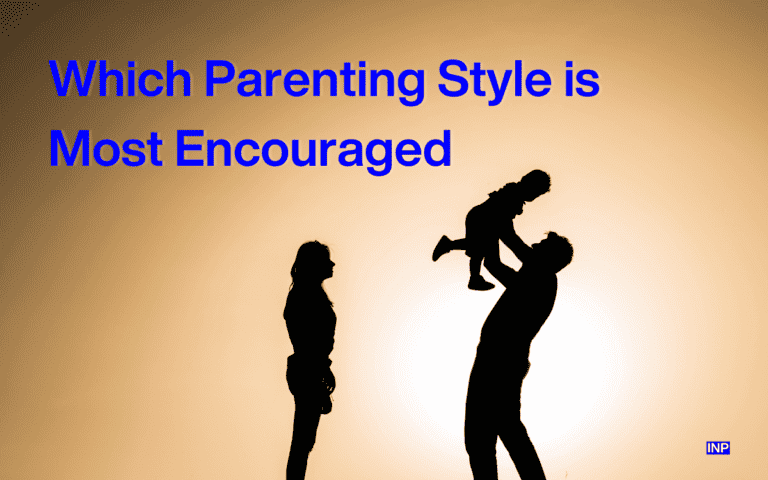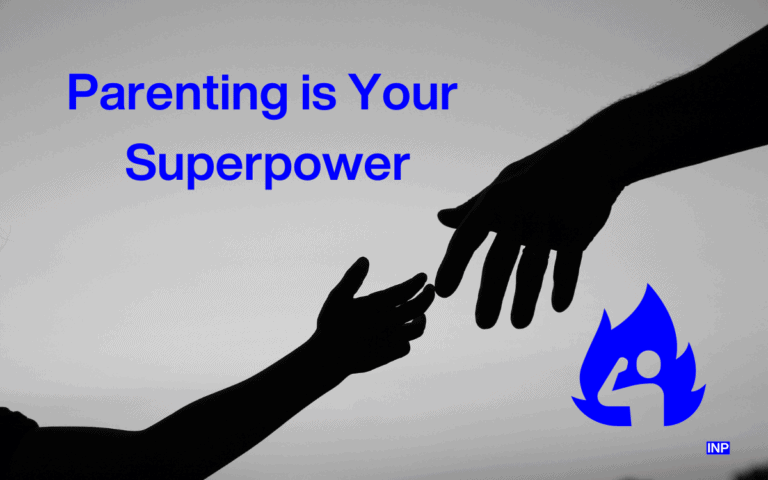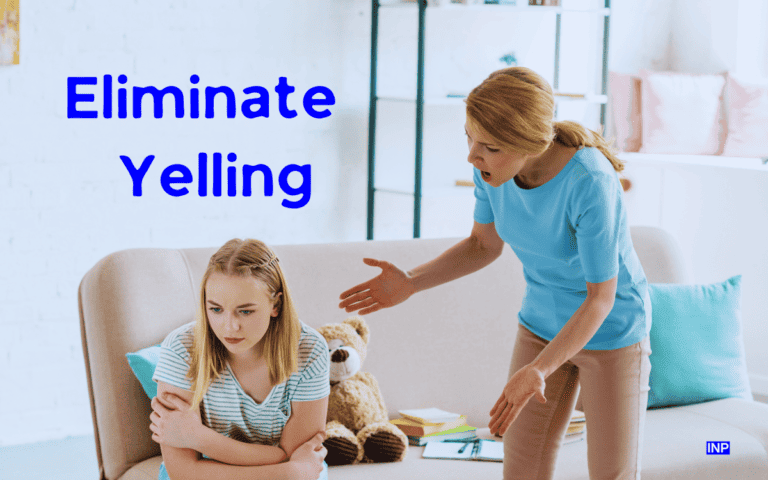Parenting Responsibilities and Challenges in 5 Key

Imagine you’re at a playground, watching every other child’s legal parent and your child play. You’re not just observing your children have their fun. You’re also subtly ensuring they don’t hurt themselves, encouraging them to share toys, and silently teaching them boundaries.
As a parent, your rights and responsibilities stretch beyond providing your child food and shelter. There’s the nurturing of your child for emotional development, guiding their education, and fostering their social skills, for example, not to mention setting the right boundaries.
It’s a multifaceted role, full of challenges and responsibilities that can be overwhelming yet rewarding. But how do you navigate these essential elements effectively?
Let’s explore this further.
Key Takeaways – Parenting Responsibilities and Challenges
- Physical well-being: Parents play a crucial role in ensuring their child’s physical well-being through providing a balanced diet, encouraging regular exercise, and prioritizing their health for a healthier future.
- Emotional development: Recognizing and validating a child’s feelings, encouraging the expression of emotions, and being aware of emotional abuse are important aspects of fostering emotional development.
- Educational guidance: Parents should foster curiosity and a love for learning, support their child’s academic challenges, and shape their approach to education as their first teacher.
- Social skills: Modeling effective behavior and communication, providing opportunities for interaction with others, teaching important social skills like sharing and conflict resolution, and helping children understand and express their emotions are essential for social development.
Physical Well-being

As a parent, ensuring your child’s physical well-being is one of your most critical parental responsibilities, directly influencing their health and future lifestyle habits. It’s more than parental responsibility for providing food and access to medical care; it’s about teaching them the importance of a balanced diet, regular exercise, and adequate sleep.
Your role in your child’s upbringing involves ensuring they eat well, get enough physical activity, and receive appropriate medical care. Kids mimic what they see by example, so be a good role model. They’re likely to follow suit if you’re active, eating healthy, and caring for your health.
However, it’s not always easy to raise them. It can be tough to convince a picky eater to try new foods or get a couch potato to spend time together outside. And let’s not forget about those sleepless nights when they’re sick. But despite the challenges involved, it is a responsibility you and other parent can’t take lightly.
Because when you prioritize your child’s physical well-being, you’re setting them up for a healthier, happier future. So take a deep breath, arm your child and yourself with knowledge and patience, and remember: you’re doing a great job.
Emotional Development

While caring for your child and family’s physical well-being lays the groundwork for a healthy life, fostering their emotional development is equally crucial in shaping their ability to express feelings, cope with stress, and build meaningful relationships. As part of your parenting rights and parental responsibilities here, cultivating your child and family’s emotional intelligence is a task of parents rights and parental responsibility you mustn’t overlook.
Emotional development is a key part of children’s rights, parental rights, and parental responsibilities, and it starts with recognizing and validating their feelings. Please encourage them to express their emotions freely and provide them with the vocabulary. This strengthens your bond and helps them understand that having and expressing feelings is okay.
Yet, it’s also vital for parents to protect children and be aware of the dark side of emotions: emotional abuse. This can negatively impact your child’s well-being and hinder their emotional development. Emotional abuse of children isn’t always obvious, so parents must be observant and responsive towards any changes in their child’s behavior.
Educational Guidance

Guiding your child’s education is another pivotal role you play as a parent, shaping their intellectual growth and instilling a lifelong love for learning. This educational guidance is no small task for parents, and in many states, it’s one of your most crucial parental rights and responsibilities. It’s not just about helping your child with homework or selecting the right school; it’s about molding their perspective toward education.
From the first day of preschool to the major decision of college selection, your parental responsibility and influence are paramount. You’re the one parent who can foster curiosity, encourage questions, and teach resilience in your children in the face of academic challenges. As they navigate through school, they’ll look to you for advice and support, making your parent role essential in their academic journey.
Moreover, you’re their first teacher. It’s you as parents they learn from about life, values, parental responsibility, and the importance of knowledge. You teach them to seek wisdom, not just facts, to understand, not just memorize. And while they’ll learn a lot from school, your guidance shapes their approach to learning.
Your responsibility to minor children isn’t to make them perfect students but to help them become lifelong learners who appreciate the power and joy of knowledge.
Social Skills

How to talk about social skills – Have you ever considered how crucial your role as a parent is in developing your child’s ability to interact effectively and harmoniously with others? As a parent, it’s your responsibility to guide your child in understanding and managing their behavior and emotions.
First and foremost, children learn social skills through observation. They watch how you handle your emotions during difficult situations, communicate your needs, and treat others. You’re their first teacher, and your actions speak louder than words.
Moreover, you need to provide them with opportunities to practice these skills. Please encourage them to play with other children. They’ll learn to share, take turns with responsibilities, participate in making decisions, and handle conflicts, which are all essential aspects of social skills.
Lastly, it’s important to always communicate with your child. Discuss their feelings, opinions, and thoughts with them. This will help them understand their emotions better and express them appropriately.
Setting Boundaries

In the complex parenting journey, setting clear and consistent boundaries is an essential task you can’t afford to overlook. It’s a critical parental responsibility that goes hand-in-hand with discipline. Establishing boundaries helps children understand their limits, respect others, and make important decisions.
Setting boundaries isn’t just about saying ‘no’ to your child. It’s about guiding them towards what’s right and acceptable. It involves clear communication, consistency, and fairness. You’re not just instructing them; you’re teaching them to be responsible.
However, it’s paramount for parents to strike a balance. Too many restrictions can stifle children’s creativity and independence and harm them. Too few, and you may raise a child who struggles with discipline and respect for others. Remember, boundaries aren’t meant to cage your child but to protect and give them a safe space to grow and learn.
Ultimately, the process of parenting time and of setting boundaries is as much about learning as it is about parenting time. It’s about teaching. You’ll also learn about your child and other parent’s temperament, needs, and capacity to make important decisions. In return, you’ll teach them about respect, discipline, and the importance of boundaries. It’s a challenging yet rewarding part of your parental journey.
Summary
Parenting isn’t a walk in the park – it’s a challenging yet rewarding journey. Ensuring your child’s physical well-being, emotional growth, educational guidance, and social skills can be tough. Setting appropriate boundaries is also a crucial part of parenting. But remember, you’re not alone. Seek guidance, stay informed, and trust your instincts.
You’re married, your family is doing a great job parenting and spending time together, and every hurdle makes you a stronger parent. Keep moving forward; your love and dedication shape your child and family’s future.
Frequently Asked Questions
What Are Some General Tips for Managing Parental Stress and Anxiety?
Managing stress and anxiety as a parent can be tough. Taking time for yourself, practicing mindfulness, and maintaining a healthy lifestyle is vital. Don’t hesitate to seek professional help if it becomes overwhelming.
How Can Parents Balance Their Professional Life With Their Parenting Responsibilities?
Balancing professional life and parenting isn’t easy. You’ve to set boundaries, prioritize tasks, seek help when needed, and remember it’s okay not to be perfect. Self-care is crucial, too. You’re doing great; keep going!
What Are Some Methods for Dealing With Disagreements and Conflicts Between Parents Regarding Parenting Styles?
When dealing with conflicts over parenting styles, you should communicate openly, respect each other parent’s views, and find common ground. Compromising and working together for the child’s best interests is crucial. Avoid heated arguments, focusing instead on solutions.
How Can Parents Maintain Their Relationship or Marriage While Managing Their Parenting Responsibilities?
To maintain your relationship while parenting, you’ve got to prioritize communication and mutual respect. Ensure you share your parental rights and responsibilities fairly, spend quality time together, and nurture your bond outside your roles, rights and responsibilities, and obligations as parents. It’s a balancing act, but it’s doable.
What Are Some Resources Available for Parents Who Are Struggling With Their Parenting Responsibilities?
You’re not alone in your struggles. Consider joining parenting support groups, reading self-help books, or seeking professional counseling. Don’t overlook online resources, parenting blogs, and workshops that offer practical advice and shared experiences.




